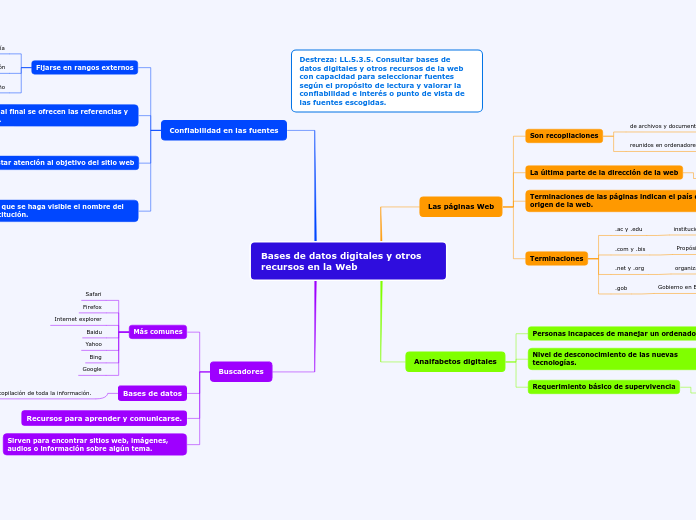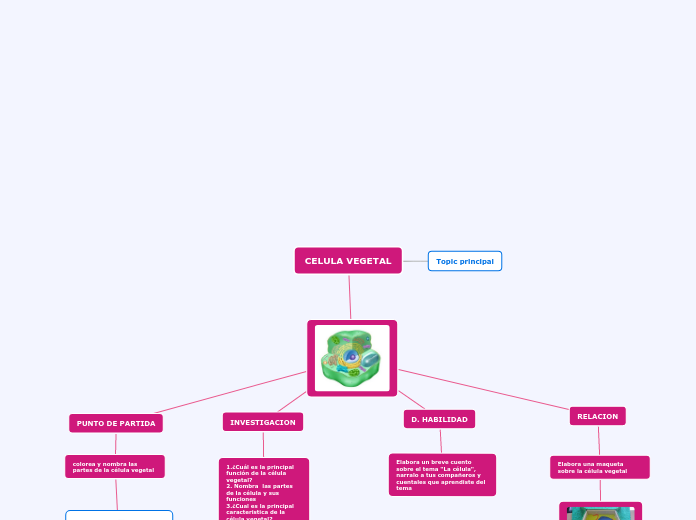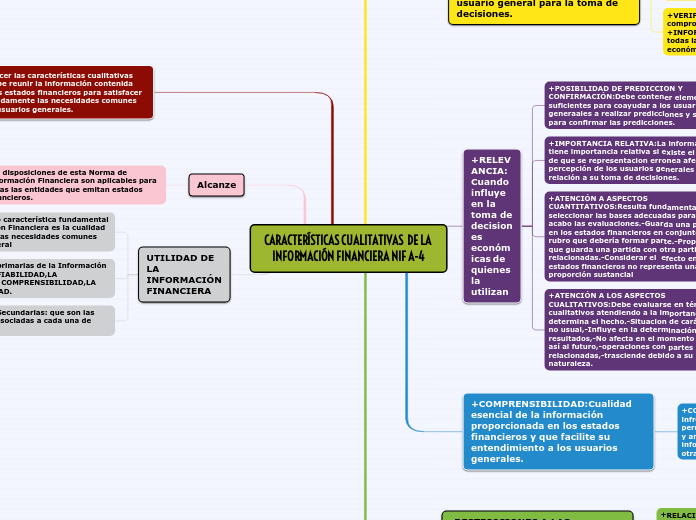Destreza: LL.5.3.5. Consultar bases de datos digitales y otros recursos de la web con capacidad para seleccionar fuentes según el propósito de lectura y valorar la confiabilidad e interés o punto de vista de las fuentes escogidas.
Bases de datos digitales y otros recursos en la Web
In linguistics, syntax is the set of rules, principles, and processes that govern the structure of sentences in a given language, usually including word order.
Buscadores
A compound sentence is a sentence that has at least two independent clauses joined by a comma, semicolon or conjunction. An independent clause is a clause that has a subject and verb and forms a complete thought.
Sirven para encontrar sitios web, imágenes, audios o información sobre algún tema.
Create your own compound sentences, using the coordinators above.
Recursos para aprender y comunicarse.
Bases de datos
Recopilación de toda la información.
Más comunes
When independent clauses are joined with coordinators (also called coordinating conjunctions), commas and semicolons, they do more than just join the clauses. They add meaning and flow to your writing.
Google
Bing
Yahoo
Baidu
Internet explorer
Firefox
Safari
Confiabilidad en las fuentes
A complex sentence is a sentence that contains an independent clause and one or more dependent clauses.
An independent clause can stand alone as a sentence, but a dependent clause even though it has a subject and a verb cannot stand alone.
Comprobar que se haga visible el nombre del autor o institución.
Attributive clauses serve as an attribute to a noun (pronoun) in the main clause. This noun or pronoun is called the antecedent of the clause.
Prestar atención al objetivo del sitio web
An adverbial clause is a group of two or more words that function as an adverb in a sentence.
Informar
Educar
Vender
Verificar si al final se ofrecen las referencias y las fuentes.
An appositive clause follows another noun or noun phrase in apposition to it; that is, it provides information that further identifies or defines it.
Fijarse en rangos externos
The subject clause is a dependent clause that acts as a subject.
Diseño
Redacción
Ortografía
Analfabetos digitales
Requerimiento básico de supervivencia
See the example below and try to create your own simple sentences.
Tim is the driver.
Navegar con precaución.
Nivel de desconocimiento de las nuevas tecnologías.
See the example below and try to create your own simple sentences.
Tim drives the car.
Personas incapaces de manejar un ordenador.
See the example below and try to create your own simple sentences.
Tim drives.
Las páginas Web
Terminaciones
The predicative is defined as an adjective or noun forming or contained in the predicate.
Its main trait is that it serves to express a property that is assigned to a 'subject'.
For e.g.: The dog is old.
.gob
Gobierno en Ecuador.
.net y .org
organización y network
.com y .bis
Propósitos comerciales
.ac y .edu
instituciones educativas
Terminaciones de las páginas indican el país de origen de la web.
Traditional grammar defines the object in a sentence as the entity that is acted upon by the subject.
La última parte de la dirección de la web
The predicate of a sentence is the part that modifies the subject in some way. Because the subject is the person, place, or thing that a sentence is about, the predicate must contain a verb explaining what the subject does and can also include a modifier.
nos dice que sitio se está utilizando.
Son recopilaciones
The subject of a sentence is the person, place, thing, or idea that is doing or being something. You can find the subject of a sentence if you can find the verb.
Ask the question, 'Who or what 'verbs' or 'verbed'?' and the answer to that question is the subject.
reunidos en ordenadores y computadoras.
de archivos y documentos.









